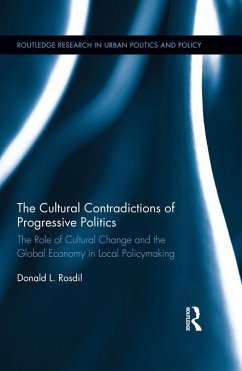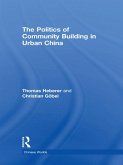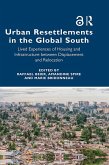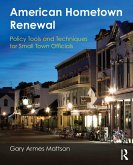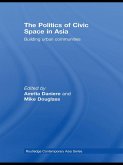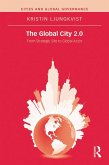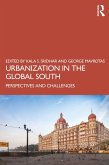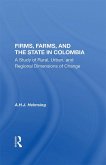This work utilizes cultural change and the growth of non-traditional subcultures in explaining how cities seek to shape their futures. It serves as a useful corrective to much of the urban policy literature which relies on economic factors to account for policy outcomes. However, rather than pose a false dichotomy between these two kinds of causal factors, it shows how they work together to produce progressive outcomes.
Dieser Download kann aus rechtlichen Gründen nur mit Rechnungsadresse in A, B, BG, CY, CZ, D, DK, EW, E, FIN, F, GR, HR, H, IRL, I, LT, L, LR, M, NL, PL, P, R, S, SLO, SK ausgeliefert werden.

